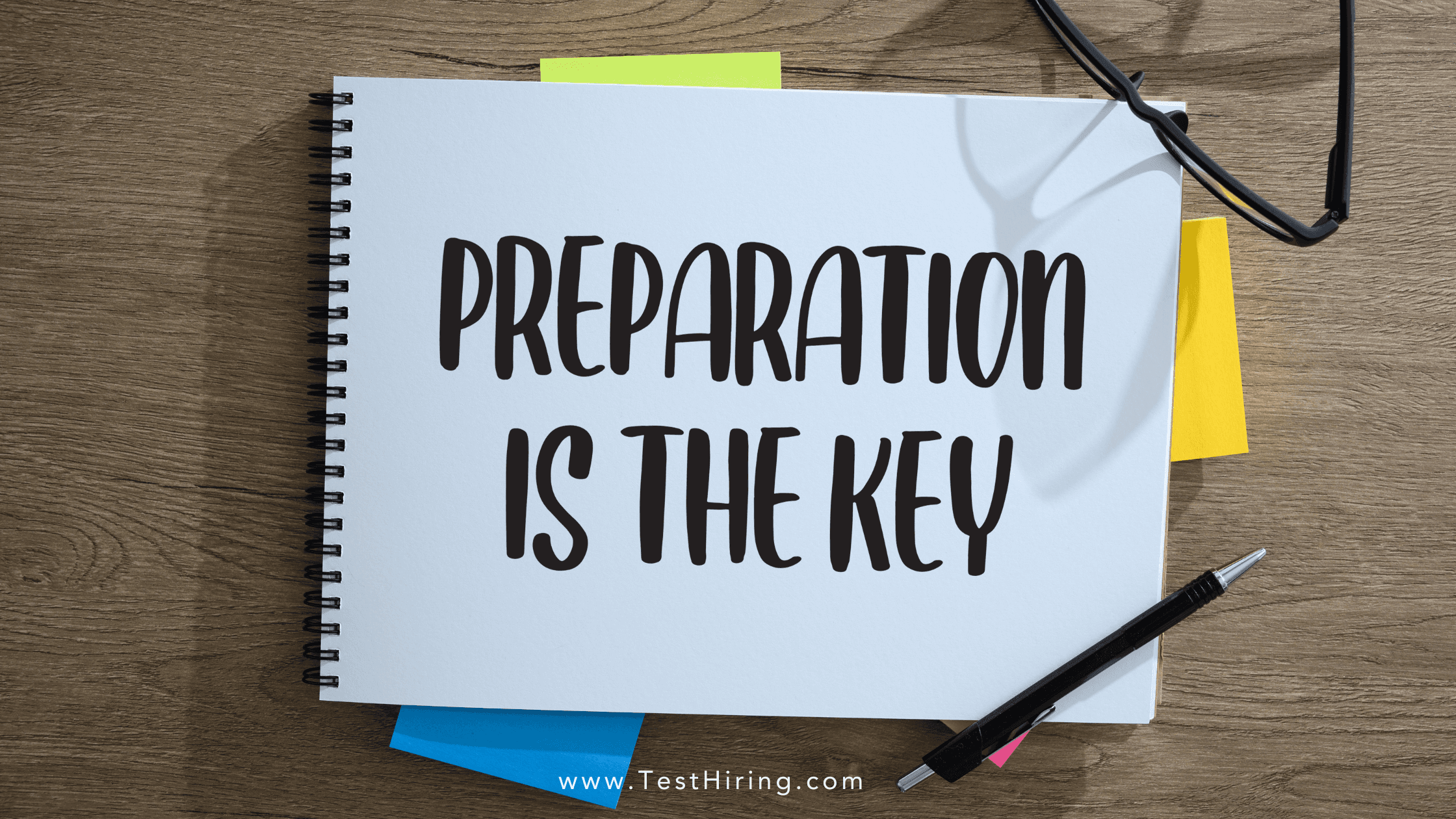As the world confronts the growing challenges of climate change, resource depletion, and environmental degradation, sustainability has become a top priority for governments, businesses, and individuals alike. Central to this global shift is the need for green jobs—roles that focus on renewable energy, environmental conservation, and sustainable practices. Building a workforce skilled in these areas is essential not only for the planet’s future but also for economic growth and resilience.
The Growing Demand for Green Jobs
The push for sustainability has created an unprecedented demand for professionals with expertise in green technologies and practices. Key drivers include:
Global Climate Goals:
International agreements like the Paris Accord require countries to adopt clean energy and reduce carbon emissions, spurring demand for renewable energy experts and sustainability consultants.Corporate Social Responsibility (CSR):
Businesses are increasingly integrating sustainability into their operations, creating roles focused on energy efficiency, waste management, and sustainable supply chains.Technological Advancements:
Innovations in renewable energy, electric vehicles, and circular economy practices have opened new career opportunities in fields like solar panel installation, battery technology, and sustainable design.Policy and Regulation:
Governments are incentivizing green initiatives through subsidies and regulations, boosting the need for environmental engineers, compliance officers, and green building specialists.
Key Areas of Expertise
Renewable Energy:
Roles: Solar and wind energy engineers, energy auditors, and bioenergy specialists.
Importance: Transitioning from fossil fuels to clean energy sources requires skilled professionals to design, install, and maintain renewable energy systems.
Environmental Science:
Roles: Environmental scientists, ecologists, and conservation biologists.
Importance: Experts in this field monitor ecosystems, assess environmental impact, and develop strategies for preserving biodiversity.
Sustainable Practices:
Roles: Sustainability managers, green architects, and circular economy specialists.
Importance: Professionals in this area focus on reducing waste, promoting recycling, and designing products and systems that minimize environmental harm.
Green Infrastructure:
Roles: Urban planners, landscape architects, and green construction experts.
Importance: Building sustainable cities and infrastructure is crucial for reducing urban carbon footprints and improving quality of life.
Why Green Jobs Matter
Economic Growth:
Green jobs drive innovation and create new markets, contributing to a sustainable and resilient economy.Environmental Preservation:
Professionals skilled in sustainability ensure that development meets present needs without compromising future generations’ ability to thrive.Social Equity:
Many green initiatives, such as clean energy projects, create jobs in underserved communities, fostering economic equality and empowerment.Corporate Competitiveness:
Companies with strong sustainability practices attract environmentally conscious consumers and investors, boosting their market position.
Challenges in Building a Green Workforce
Skills Gap:
Despite the growing demand for green jobs, there is a shortage of skilled professionals in areas like renewable energy and environmental engineering.Awareness and Education:
Many individuals are unaware of the career opportunities in green industries, highlighting the need for targeted education and outreach.Economic and Policy Uncertainty:
Inconsistent policies or fluctuating funding for green initiatives can impact job stability and growth in the sector.Access to Training:
Developing countries and underserved communities may lack access to the training and resources needed to prepare for green jobs.
Strategies to Build a Green Workforce
Invest in Education and Training:
Develop specialized programs in schools, colleges, and vocational institutes to equip students with green skills.Public-Private Partnerships:
Collaborate with governments, businesses, and educational institutions to create internship programs, certifications, and apprenticeships in sustainability fields.Promote STEM Careers:
Encourage careers in science, technology, engineering, and mathematics (STEM) to fill the technical roles required in renewable energy and environmental science.Upskill and Reskill:
Offer training programs for workers transitioning from traditional industries, such as fossil fuels, to green sectors.Raise Awareness:
Highlight the importance of green jobs and the opportunities they present through campaigns, job fairs, and industry events.
Conclusion
Building a workforce for sustainability and green jobs is not just an environmental imperative—it’s an economic and social opportunity. By prioritizing hiring professionals skilled in renewable energy, environmental science, and sustainable practices, we can address pressing global challenges while fostering innovation and growth.
The path to a greener future starts with the workforce we create today. Through strategic investment, education, and collaboration, we can empower individuals and organizations to drive meaningful change, ensuring a healthier planet for generations to come.




